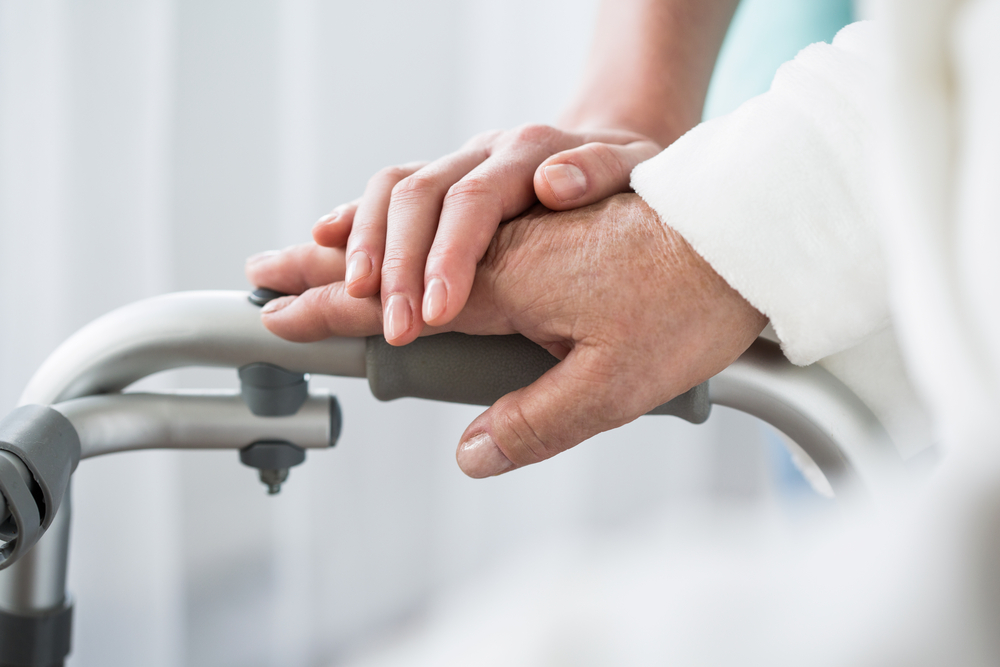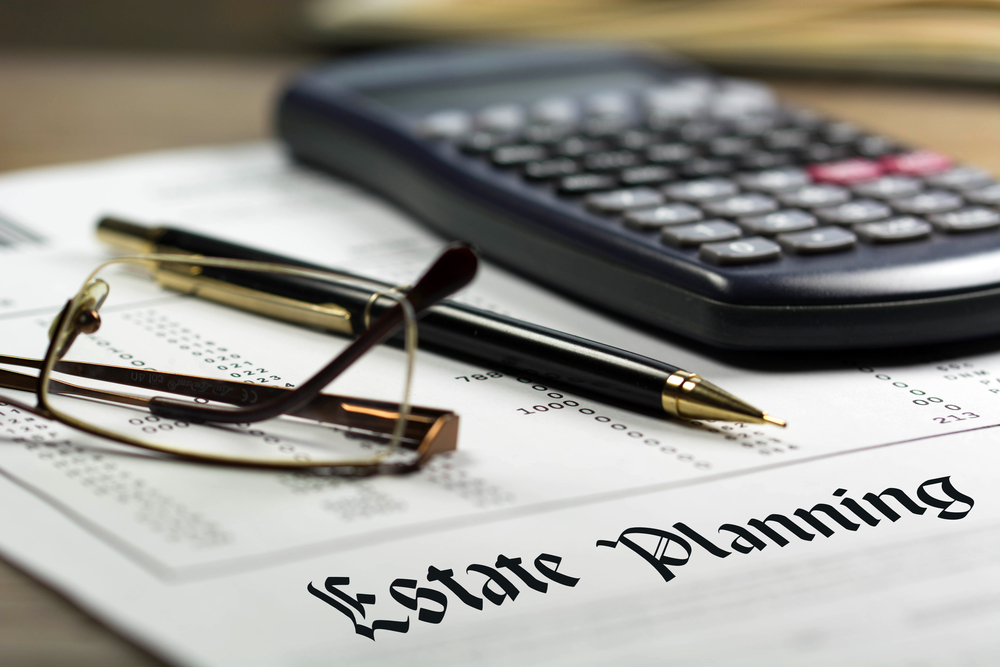Immediately after a car accident, it’s hard to think clearly, especially if you or the other party was injured. However, it’s important to keep a level head and focus on protecting yourself, your property and your finances from further harm. What should you do immediately after a car accident in Maryland?
Confirm You Are Not Injured
First, you should ensure that you and any passengers in your car are not injured. If you can move, you can also leave your vehicle and ensure that people in the other car are not injured. If someone is hurt, you should contact emergency services to get medical attention. Beyond checking for injury, you should avoid talking to the other parties. Never allow your emotions in the heat of the moment to let you say something that you might regret in the future.
Call the Police
Next, you should call the police. You can expect to be asked if anyone is injured. If anyone is in any pain or discomfort, you should always answer yes. When the police arrive, you will have the opportunity to create an accident report that includes your insurance information. Always follow any instructions given to you by the police officers.
Photograph the Scene and Vehicles
In the rush after a car accident, many people forget to photograph the scene, their vehicle and the other car(s) involved until it is too late. Most smartphones have decent picture quality, so snap as many pictures as you can. The damage that you photograph could be needed for evidence later.
Gather as Much Information as Possible
Assuming that the other parties in the car accident were not injured or otherwise incapacitated at the scene, you should note as much information as possible afterwards. What is the license plate number? You should also record the make, model and color of the vehicle, as well as details about the driver. If any motorists stop to offer assistance or because they witnessed the accident, you should also gather their names and information if they are willing to give it to you.
Call an Attorney
After a car accident, you need a skill accident attorney. An accident attorney knows how to negotiate and resolve accident claims and can walk you through the legal process. There is typically no way to immediately know whether or not you will face legal proceedings in the aftermath of an accident, but speaking with an attorney as soon as possible can prepare you and equip you with the knowledge to make the decision.
Are You Dealing with Injuries After a Car Accident? Call Mobley and Brown, LLP
If you need help getting your loved one out of a dangerous situation or are concerned about Maryland nursing home neglect, contact Mobley and Brown, LLP today. Our experienced legal team will work with you to meet your needs. Call us now at (410) 385-0398 or toll-free at (833) 355-9897.













